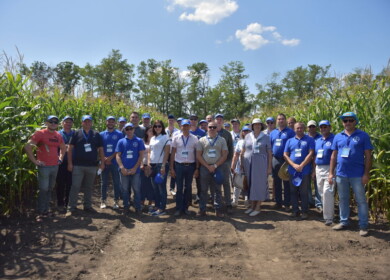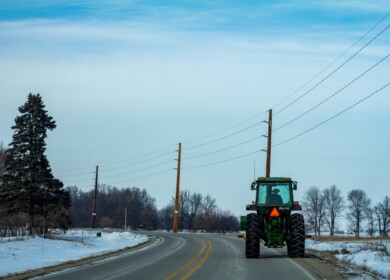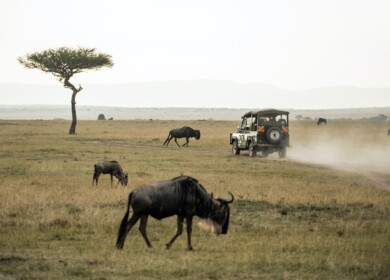Bayer’s Survey Demonstrates Economic and Climatic Challenges Affecting Farmers

More than 70% of farmers worldwide have already experienced significant effects of climate change on their operations, according to a new global survey, conducted by Bayer. The research, which spanned eight countries, found that farmers have, on average, witnessed a 15.7% reduction in income over the past two years due to climatic shifts. One in six farmers reported even higher losses, exceeding 25%.
The “Farmer Voice” survey was released today, shedding light on the difficulties facing farmers as they attempt to adapt to and mitigate the impacts of climate change. The life science company Bayer commissioned an independent agency to conduct interviews with 800 farmers. These participants represent a diverse range of farm sizes and are equally distributed among Australia, Brazil, China, Germany, India, Kenya, Ukraine, and the United States.
A notable 76% of farmers expect the negative repercussions of climate change to persist, with those in Kenya and India showing the greatest concern. Rodrigo Santos, Member of the Board of Management of Bayer AG and President of the Crop Science Division, stressed that the survey results are a “direct threat to global food security” and should act as a catalyst for making agriculture more sustainable.
Pressing Economic Challenges
While the detrimental impacts of climate change are significant, the survey revealed that farmers are also grappling with economic challenges. Fertilizer costs are a top concern for 55% of respondents, followed by energy costs (47%), price and income volatility (37%), and crop protection costs (36%). In Ukraine, 70% of farmers cited the high cost of fertilizers as one of their primary concerns, adding that ongoing conflicts have led to a general disruption that poses a significant challenge for 40% of them.
Proactive Steps and Valuing Innovation
The survey found that over 80% of farmers are either already implementing or planning to implement measures to reduce greenhouse gas emissions. The focus for most is on cover crops, renewable energy, and innovative seed technologies. All surveyed farmers indicated that they are either taking or intend to take steps to enhance biodiversity, with 54% already implementing or planning to implement insect protection measures.
Farmers also show an inclination towards innovation as a means to address challenges. Approximately 53% would benefit from access to seeds that can withstand extreme weather conditions, while 50% emphasized the need for better crop protection technology.
A Glimpse into Smallholder Farming in India
In a separate but related survey, Bayer interviewed 2,056 smallholder farmers in India. While they face high labor and fertilizer costs like their global counterparts, they remain optimistic about the future, with 80% expressing a positive outlook. Many smallholder farmers see digital technologies and modern crop protection as key to overcoming future challenges.
Common Ground
The “Farmer Voice” survey highlighted that despite geographical differences, farmers globally share a common perspective on the immediate challenges and future prospects. Rodrigo Santos of Bayer concluded that the farmers’ collective outlook “is a call to action for the entire food system to innovate, collaborate, and deliver the solutions farmers need.”
The survey was independently conducted by Kekst CNC between April and July 2023, with additional input from 2,056 smallholder farmers in India surveyed between May and June 2023. The full report is available on Bayer’s website.
Enjoyed this story?
Every Monday, our subscribers get their hands on a digest of the most trending agriculture news. You can join them too!














Discussion0 comments